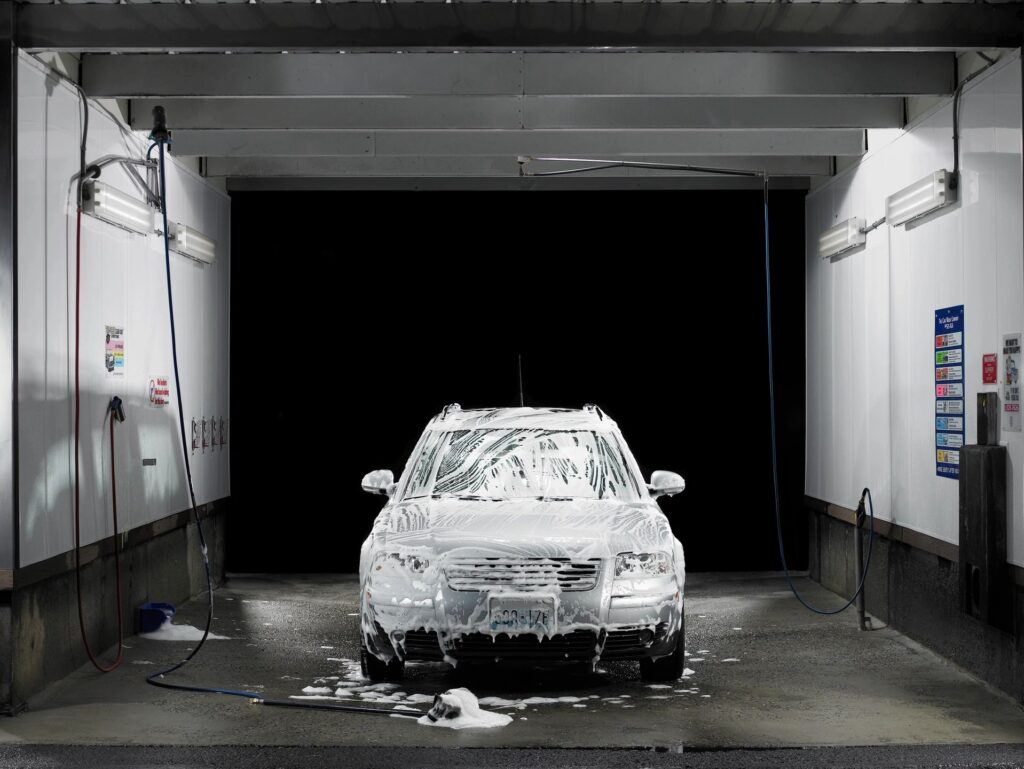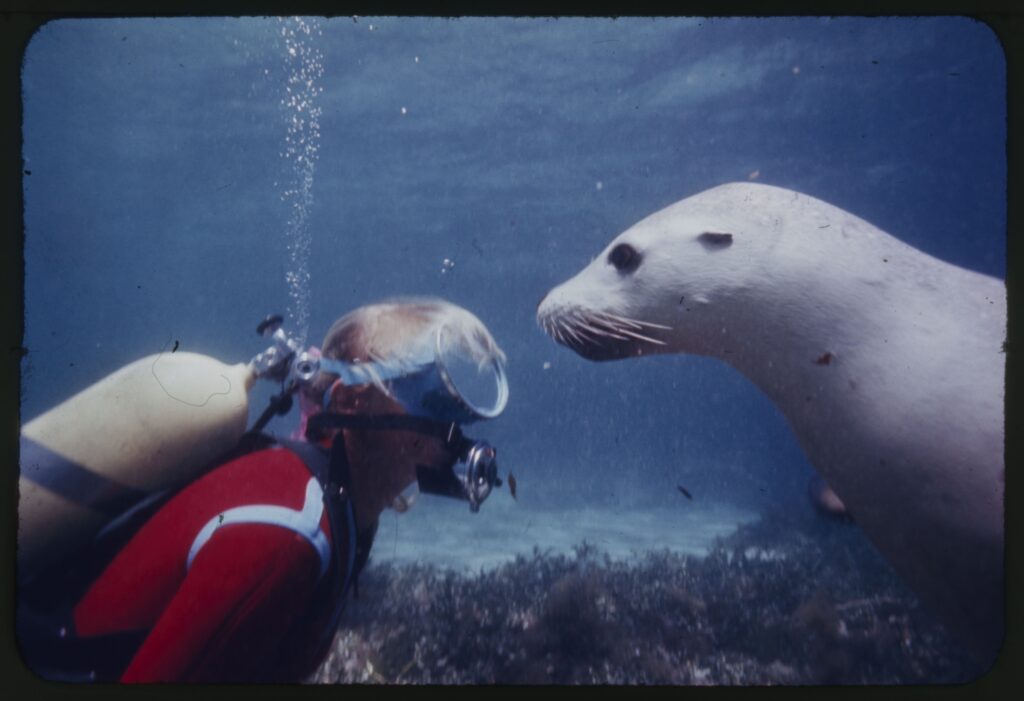The Climate Council has said Minister Chris Bowen’s 2023 climate report card shows that Australia’s emissions have fallen in sectors like electricity where the government has put in concerted effort but more work is needed.

However, the Climate Council noted, pollution is rising in transport and from fossil fuels, where policy is languishing.
“Today’s Annual Climate Change Statement reveals the government is making solid progress in
the electricity sector due to smart policy and investment.
“Electricity sector emissions are projected to decline 60% between 2023-2030 as clean, cheap wind and solar increasingly meet our energy needs. Last week’s expansion of the Capacity Investment Scheme will help bring more projects online.
“But transport emissions are still rising, projected to increase by 4% to 2030.
“Pollution from burning coal, oil or gas in industry is not declining fast enough. Australia could make solid gains by fast-tracking two major initiatives on clean transport and Australia’s environment law.
Climate Council CEO Amanda McKenzie said: “We can’t settle for a slow jog when the
climate crisis calls for a sprint. Great progress has been made in reducing harmful pollution from
our electricity sector. This reflects the government’s concerted efforts to build out solar and wind
in our electricity grid.
“But progress is painfully slow on driving down emissions in other sectors, particularly transport.
“The government can move into gear by implementing fuel efficiency standards to clean up our
car fleet and save Aussie’s money at the petrol pump.
“Australians want this because it’ll provide more choice in cleaner, cheaper cars and help us turn around Australia’s fastest growing source of emissions: transport.
“The government also has a huge opportunity to stop fossil fuel expansion in its tracks by fixing
our national environment law to put climate at its heart.
“Both of these essential reforms would go a long way to helping the Albanese Government get on track to achieving its own emissions reduction targets and more. Let’s get on with it.”
Climate Council Head of Advocacy Dr Jennifer Rayner said: “The Government’s to-do list for
2024 is clear. We need to see fuel efficiency standards put to the Parliament and rolled out by
mid-year to stop Australians paying too much for polluting fuel and ease the cost of living
squeeze.
“We need a new approach to our national environment law so it can protect us and the natural
places and unique animal and plant life that we hold dear. The first draft of the government’s law
reform is disappointing as it doesn’t include climate change, despite the loud and growing calls
from communities and experts around the country to deal with this major environmental threat.
“As it stands, 740 fossil fuel projects have been approved under our environment law. The laws
are broken and the government must fix them.
“When the Albanese Government commits time, effort and investment, we see the positive
results. Transport and fossil fuels must be the focus now to get these sectors on the right track
too, alongside our electricity system.”


